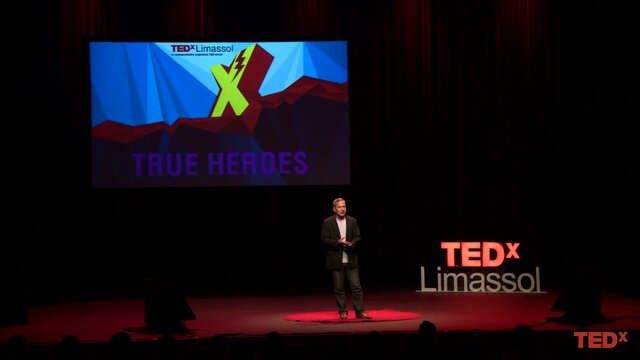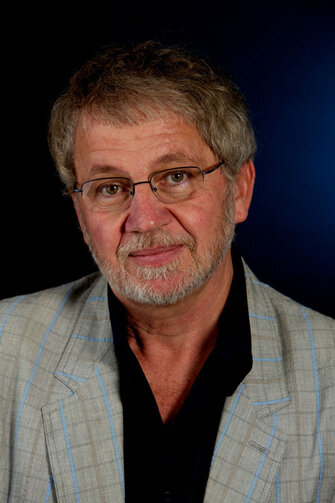Hungarian psychologists whose theory conquered the world! – VIDEOS

Hungarian researchers have always played a significant role in the history of psychology. In this article, we collected some of the most outstanding professionals who gained international acknowledgement with their work and left their trademark in the field of psychology.
Mihály Csíkszentmihályi and the flow
The Széchenyi Prize-winning Hungarian-American psychologist, Mihály Csíkszentmihályi has become world-renowned with his famous Flow theory in positive psychology, that refers to a highly focused mental state conducive to productivity. According to the theory, flow can be defined as the optimal state of mind during which the state of concentration and involvement with an activity at hand is so intensive that nothing else seems to matter. It is an intrinsic motivation, where the person is fully immersed in what he/she is doing.
Flow experience has become a key factor in the study of happiness and creativity; as a result of which, Csíkszentmihályi is also described as the world’s leading researcher in positive psychology.
He is currently a professor in the Department of Psychology and Management at Claremont Graduate University.
Andrew Feldmár and his critique of psychiatric medication
The Hungarian-born psychotherapist emigrated to Canada at the age of 16, after the defeat of the 1956 revolution. According to noklapja.hu, he earned a degree in mathematics from the University of Toronto and completed his master’s degree in psychology. Andrew Feldmár is most known as the Hungarian follower of his mentor, R.D. Laing, famous for the unconventional approach of radical psychotherapy.
The essence of his approach is that instead of using observation and methods, the therapist must engage in a real, spontaneous and honest relationship with the patient.
According to Feldmár, labelling, medication, and changing the patient will not bring any solution; he emphasises changing the environment and solidarity with the suffering person. He supports the therapeutically justified use of MDMA, LSD and other psychedelics under expert supervision. Besides following his research in this field, his theory is also presented at international conferences.
Thomas Szász and the myth of mental illness
The Hungarian-American academic, psychiatrist and psychoanalyst, Thomas Stephen Szász, was a well-known critic of the moral and scientific foundations of psychiatry and the control of medicine over modern society.
He emphasised the libertarian principle called “self-ownership”, according to which everyone has the right to own and create their own body and spirit without initiating violence against it.
He criticised the Western world as much as he criticised communist states for their psychiatric practices and “drug phobia”. He believed that suicide, medication, drug use and sale, and sexual choice should be personal, contractual, and out of state justice. In 1973, he was named Humanist of the Year by the American Society of Humanists, and in 1979, he was awarded an honorary doctorate by Francisco Marroquín University. His books The Myth of Mental Illness (1961) and The Manufacture of Madness (1970) left their trademark in the field of psychiatry.
Joseph Forgas and the psychology of social contact

The Hungarian-born social psychologist Joseph Forgas emigrated to Australia at the age of 22; he is currently Scientia Professor at the University of New South Wales, Sydney, Australia.
He was one of the pioneers of those who explored the multifaceted role of emotions in thinking, judgement, memory, emotional intelligence, neuropsychology, and interpersonal behaviour.
He developed the first integrative theory of emotional effects, the Affect Infusion Model (AIM). His experiments have contributed significantly to understanding the impact of emotional influences on a number of real judgments, behaviours, the formation of stereotypes and prejudices, social processes, organisational behaviour, bargaining, negotiation, verbal communication, and consumer decisions. He has initiated and has been organising the International Symposium on Social Psychology in Sydney for 15 years. The topic of the meetings changes every year and brings together international researchers in social psychology.
Frank Füredi and the sociology of fear
The Hungarian-Canadian academic and professor, Frank Füredi, has become famous for his work on the sociology of fear, paranoid parenting, therapy culture and sociology of knowledge.
Initially, Füredi’s academic work examined the relationship between imperialism and human races. Nowadays, he conducts research in the sociology of risk and low expectations. He has authored several books on this topic, most recently Wasted: Why Education Isn’t & Educating and Invitation to Terror: The Expanding Empire of the Unknown, an analysis of the impact of terrorism following the 9/11 terrorist attacks. Frank Füredi is the most widely cited sociologist in the English press.
Read also:
- Bill Gates recommends book by Hungarian psychologist to find comfort amid global epidemic
- Coronavirus – Hungarian psychologist Csernus reveals how to defeat depression in this hard period
Source: noklapja.hu; wikipedia.hu




Thanks for featuring these “heroes” ~ individuals with the courage to challenge the status quo and to speak and live according to their own credos based upon truth, honour, respect ~ with regards to both themselves and the Other. These courageous people are committed to providing great service to the world by the sharing of their insights, and through their interactions , relationships and their chosen careers.
Thanks again for allowing me/us a glimpse of these heroes and their honourable perspectives and practices ~all of which are nourishing morsels of ‘food for thought’ and for further contemplation.